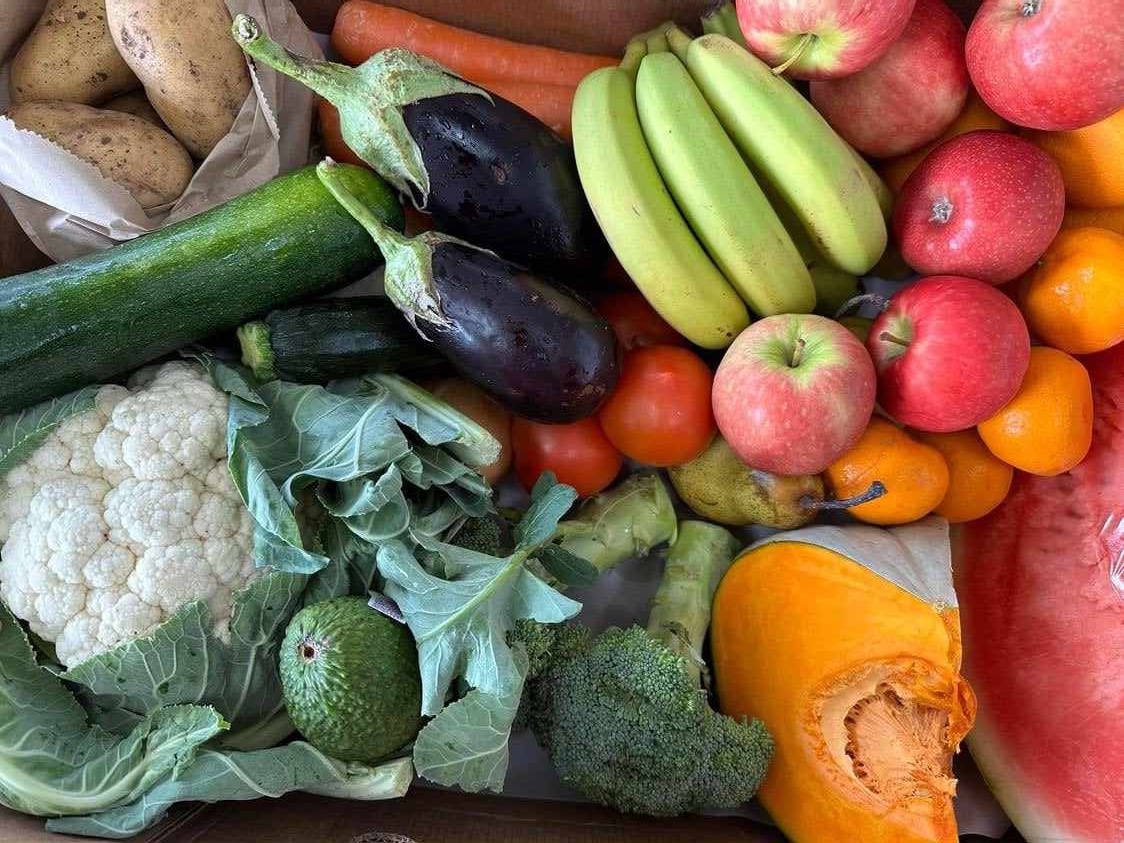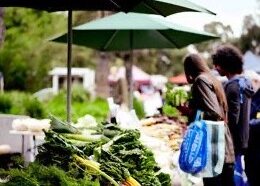Research report
The impacts of COVID-19 on values-based food supply networks in Australia and the sector’s response
The COVID-19 pandemic has had a profound effect on the global food system on many levels. Shocks to the food system led to empty supermarket shelves and the destruction of edible crops due to loss of labour and sales streams. The pandemic exposed the brittleness of the global food system.
But is also highlighted the importance of values-based, short supply chain actors in building a more resilient food system. During the crisis, these farmers, food hubs, and retailers have rapidly innovated new ways to deal with food system disruption. Community food enterprises provided food relief to vulnerable groups and ensured their communities had access to food.
Throughout 2020, Open Food Network have undertaken a research project to understand the impacts of COVID-19 on the food system, and to document how community food enterprises responded. Our findings are now available in this report, Recipes for resilience: The impacts of COVID-19 on values-based food supply networks in Australia and the sector’s response.
Open Food Network has a strong focus on knowledge and resource sharing, with the aim of helping individual enterprises whilst increasing the sector’s visibility. These have been central drivers of this research report, as we aim to share knowledge with CFEs to better prepare them for future shocks to the system, whilst communicating the importance of CFEs to decision-makers.
Recipes for resilience – Executive summary
Community Food Enterprises (CFEs) are locally-owned/-controlled food businesses or ventures founded around a desire to create positive outcomes for the communities they serve. This may be in the form of improved social or environmental outcomes, increased access to healthy food, and support of local producers by providing fair farm gate prices. They range in size from individual farmers, to farmers’ markets, to food hubs.
The impacts of COVID-19 on CFEs varied, with the most common experience being the unprecedented increase in demands. This occurred even though usual sales channels (farmers’ markets and cafes/restaurants) for many CFEs were eroded, and workforces (paid and volunteer) were restricted or lost due to health and safety regulations outlined by state governments. Adapting to new circumstances presented challenges when planning because CFEs lacked clear information about the longevity of the pandemic and whether they should invest in long-term changes.
The most prominent example was a shift to online sales channels which provided CFEs with an opportunity to reach a larger customer base and launch a stronger online presence. It also brought new challenges and increased costs to many CFEs already operating with limited resources. CFEs experienced intensifying competition from new and big players (both private and public) who benefited from well financed logistics and online marketing campaigns.
In response, CFEs were successful in remaining open, relevant and effective through creating new markets, products and services in the face of disruptions. Those CFEs who saw the pandemic as long-term, and had the resources, invested in online platforms and managed increased workloads and complexities. These responses were additionally affected by the flexibility of CFEs’ distribution networks. Those able to adjust with more delivery or pick up options were more effective in responding to COVID-19 impacts. COVID-19’s effect on restricting workforces meant that CFEs had to focus on minimising risks through limiting customer contact and enforcing strict hygiene practices, whilst meeting increased demand with stretched resources and decreased workforces.
Lessons can be learned from 2020, and applied to increase the resilience of food systems for future crises. CFEs should be supported due to their close connection with communities, and their ability to adapt and meet community needs. Broadly, support is needed to enable CFEs to share practice, resources, and to collaborate as a way to achieve economies of scale. In times of crisis, existing CFEs should be supported to scale up, adapt and innovate. CFEs themselves should join information and support networks, collaborate, experiment, and build values-aligned relationships through the supply network. Government and philanthropy should support existing CFEs to scale and adapt, increase understanding of the CFE sector, increase investment in this sector, and support collaboration and capacity building.
Latest Resources
Can we help?
Have an idea, a project or a question? Want help using the Open Food Network software? Get in touch and find out how we can help you with it.
Keep in touch
Join us
Create a listing, shop or group directory on the Open Food Network. Tell me more!

Read our Terms and conditions | Find us on GitHub
Open Food Network is a free and open source software platform. Our content is licensed with CC BY-SA 3.0 and our code with AGPL 3.
We take good care of your data. See our cookies policy
Open Food Network respectfully acknowledges the traditional custodians of the unceded lands on which we meet, work and live. We pay our respects to their Elders, past, present and emerging and acknowledge their deep spiritual relationship to country.




